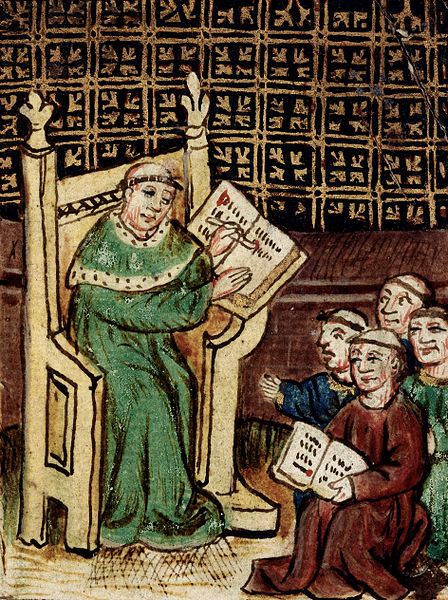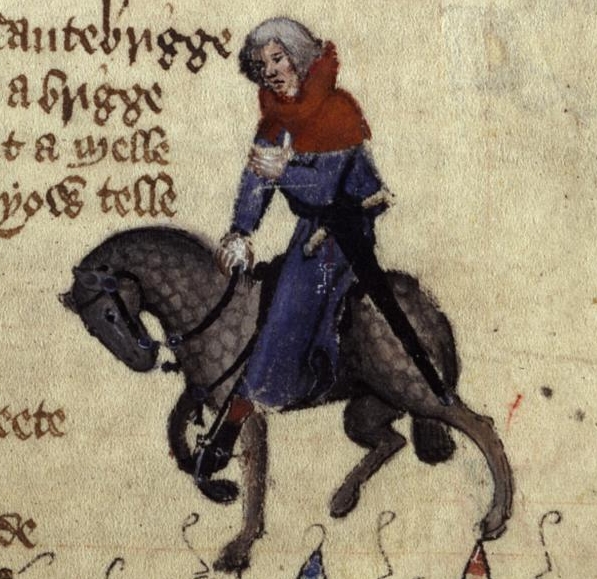I've just finished reading Peter Carey's Oscar and Lucinda, a marvellous sweeping book, which is both quirky and perceptive, horrifying and extremely funny - it's really quite unlike anything else I've read.
 |
| http://www.themanbookerprize.com/books/oscar-and-lucinda |
Near the beginning, we are introduced to the character of Mrs Stratton, a late Victorian clergyman's wife, living a life of disillusionment and poverty. Her husband went to Oxford - Mrs Stratton, obviously, didn't.
'Mrs. Stratton was not a don. She could not have been, for while the constitution of the university would permit entry to a fourteen-year-old boy (with his pocket full of string and dried-out worms) it could on no account matriculate a woman. Yet Mrs Stratton had the walk for it. Her whole body expressed her calling. She had a walk you can see today in Magpie Lane and Merton Street. The dynamics of this walk are best appreciated if you place a three-foot-high stack of reference books in your imaginary walker’s extended arms. From here on it is all physics. You can resolve it with vectors – the vertical arrow indicating the mass of the books, the horizontal one the propulsive force of the moving body. It is obvious. You can see immediately why the body of such a person tilts forward at 60 degrees to the horizontal. It is the books, or the propensity for books, that does it. And when you see the height of the stack it is also clear why such people always lift their head so high. You thought it was myopia, but no – it is the height of the imaginary books they must look over.'
It's an unkind description, although the narrator is not a gratuitously cruel one. But the unkindness exposes the mistrust and antipathy towards women with intellectual pretensions.
Anyway - I hope I don't walk like this!



